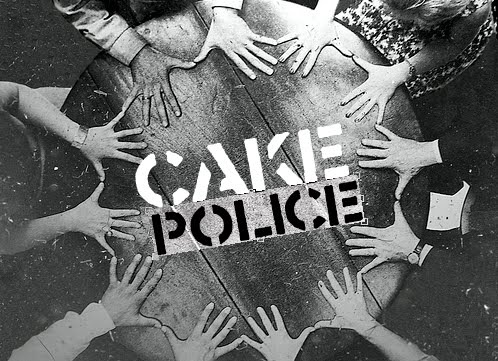"Those who claim that the human animal is wicked simply want to tame it and turn it into a morose wage-earner or depressed consumer who helps capital to circulate. Given their ability to create eternal truths in various worlds, men have within them the angel that religions saw as their double. That is what philosophy, in the true sense of the word, has always taught us. Before that inner angel can manifest its presence, it must have a principle or maxim, and ultimately it is always the same, even though it can take a wide variety of forms. Let us choose Mao's: 'Cast away illusions, prepare for struggle.' Hold to the truth, cast away illusions, and fight rather than surrender, whatever the circumstances...
"The trouble is that, nowadays, the word 'philosophy' is used in an attempt to force upon us quite the opposite maxim, which might read: 'Cling to your illusions, prepare to surrender.' We have seen a 'philosophy' appearing in magazines that looks like a vegetable-based natural medicine, or euthanasia for enthusiasts. Philosophizing would appear to be a small part of a vast programme: keep fit and be efficient, but stay cool. We have seen 'philosophers' declaring that, as the Good is inaccessible if not criminal, we should be content to fight every inch of the way against various forms of Evil, whose common name proves, on closer inspection, to be 'communism', when it is not 'Arab' or 'Islam'. And so we revive 'values' that philosophy has always helped us to get rid of: obedience (to commercial contracts), modesty (in the face of the arrogance of the ham actor on TV), realism (we must have profits and inequalities), utter selfishness (now known as 'modern individualism'), colonial superiority (the democratic goodies of the West versus the despotic baddies of the South), hostility to living thought (all opinions have to be taken into account), the cult of numbers (the majority are always right), obtuse millenarianism (the planet is getting hotter under my very feet), empty religion (there must be Something), and I could go on. So many 'philosophers' and 'philosophies' do nothing to stop this, and instead wear themselves out trying to infect us with little articles, debates, blazing headlines ('The Ethics of Stock Options: Philosophers Speak Out At Last') and boisterous roundtable discussions ('Philosophers: the G-string or the Veil?'). This permanent prostitution of the words 'philosopher' and 'philosophy' (and it should be recalled that Deleuze denounced it from the very beginning), and the media operation that gave birth to the trademark 'new philosophies', will get you down in the long run. At the rate things are going it is not just cafés that will be described as 'philosophical' (these cafés philosophiques really are a wretched invention, and the natural heirs to the cafés du commerce where all that bar room philosophizing used to go on). We will end up going, in all our pomp, to the philosophical outhouse."
Sunday, November 22, 2009
Subscribe to:
Post Comments (Atom)

loved this, great read.
ReplyDeleteim a bit unsure of what he means by "hostility to living thought"
can anyone help me on this?
is static thought the opposite of "living thought"? as in living thought would infer progress? i could see how his example would illustrate an opposition to this
or is he talking about something way different?
No I think you're right.
ReplyDeleteI think what he's describing is the substitution of an empty pluralism ("all opinions have to be taken into account": this can obviously result only in a kind of stalemate, which in turn tends almost invariably to favor the existing state of things) for the pursuit of a genuinely universal philosophical/political project. What's more, many among the plurality of opinions that "have to be taken into account" are actually hostile to a universal project and are suited instead to some very narrow interest.
Anyway, as far as "living thought" is concerned, here's an excerpt from an interview (http://www.cabinetmagazine.org/issues/5/alainbadiou.php):
A Truth is a concrete process that starts by an upheaval (an encounter, a general revolt, a surprising new invention), and develops as fidelity to the novelty thus experimented. A Truth is the subjective development of that which is at once both new and universal. New: that which is unforeseen by the order of creation. Universal: that which can interest, rightly, every human individual, according to his pure humanity (which I call his generic humanity). To become a subject (and not remain a simple human animal), is to participate in the coming into being of a universal novelty. That requires effort, endurance, sometimes self-denial. I often say it's necessary to be the "activist" of a Truth. There is Evil each time egoism leads to the renunciation of a Truth. Then, one is de-subjectivized. Egoistic self-interest carries one away, risking the interruption of the whole progress of a truth (and thus of the Good).
Is this from his book on ethics? I bought that recently and am about to read it so that would be crrrrayyyzy.
ReplyDelete